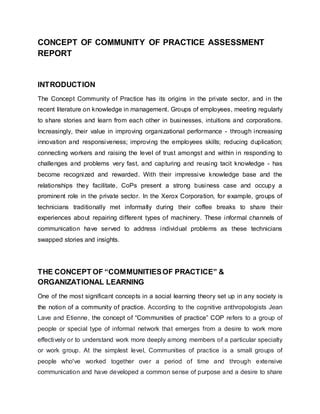Ethereum: How does reusing addresses hurt my privacy?
The Dark Side of Address Reusing on Ethereum: How it Hints at My Real Life Identity
Ethereum, one of the most widely used blockchain platforms, allows users to create and manage their own digital wallets, making it easier for individuals to conduct transactions. However, a crucial aspect of this functionality is address reuse. In this article, we will delve into how reusing addresses associated with real-life identities can compromise user privacy on Ethereum.
Address Reuse Basics

In Ethereum, an address is a unique string of characters that serves as a digital token, representing ownership and control over a specific cryptocurrency or digital asset. When users create a wallet on the platform, they are typically assigned a new, randomly generated public key. This public key, often referred to as the “address,” can be reused throughout their transaction history.
Address Reuse and Real-Life Identities
While it may seem harmless to reuse addresses associated with real-life identities, this practice raises significant concerns about user privacy. Here’s why:
- IP Address Linkage: Ethereum addresses are linked to IP addresses (Internet Protocol addresses). When you conduct transactions from an address associated with your real life identity, there is a strong possibility that the same IP address has been linked to other users or online activities in the past.
- Transaction History
: Reusing the same address for multiple transactions can create a pattern, making it easier for others to gather information about your real-life activities and interests.
- Anonymity Compromise: If you conduct transactions with someone who knows you in real life, they may be able to infer that you are using the same address as your online persona or digital identity.
Consequences of Address Reuse
The risks associated with address reuse are not limited to a few individual cases. Reusing addresses for multiple transactions can have broader implications:
- Identity Theft: An attacker who knows your real-life identity may be able to obtain your Ethereum wallet and conduct malicious activities, such as buying and selling cryptocurrency on illicit exchanges.
- Financial Losses: If you’re involved in a transaction with someone who has compromised information about you, you may not have control over the funds or assets being transferred.
Mitigating Address Reuse Risks
To protect your online identity and maintain your anonymity:
- Use Unique Addresses: Assign a new public key to each real-life activity.
- Keep Your Ethereum Wallets Separate: Don’t reuse addresses for multiple transactions, even if you’re conducting them from the same IP address.
- Monitor Your Activity: Regularly review your transaction history and wallet activity to detect any suspicious patterns.
Conclusion
Ethereum’s address reuse feature can be a double-edged sword when it comes to user privacy. While it offers ease of use and flexibility, the risks associated with linking real-life identities to digital assets cannot be ignored. By understanding how reusing addresses affects your online identity and taking steps to mitigate these risks, you can maintain control over your cryptocurrency transactions and protect your anonymity.
Note: It is essential to remember that this article is not an exhaustive guide to address reuse and may not cover all aspects of user privacy concerns on Ethereum. Always consult reputable sources and experts for more information on the subject.




